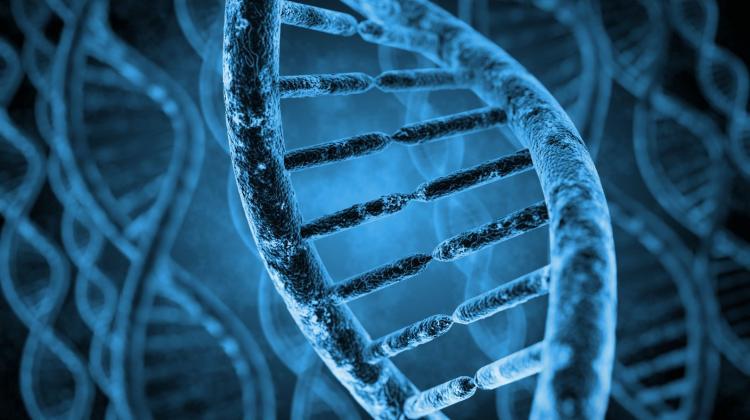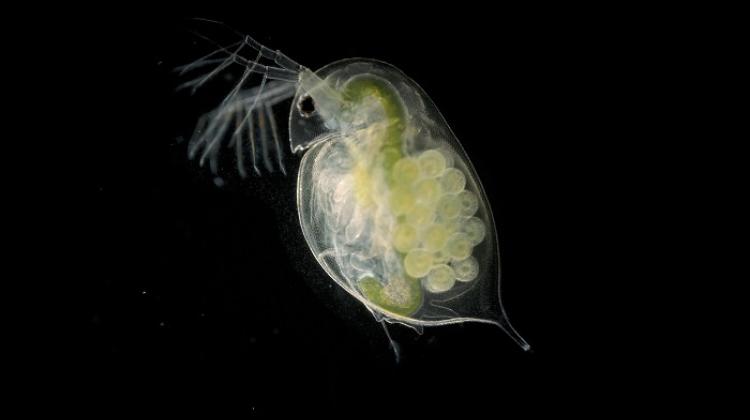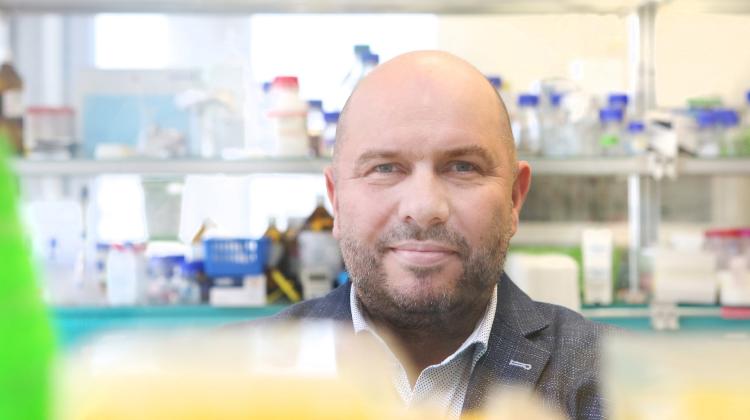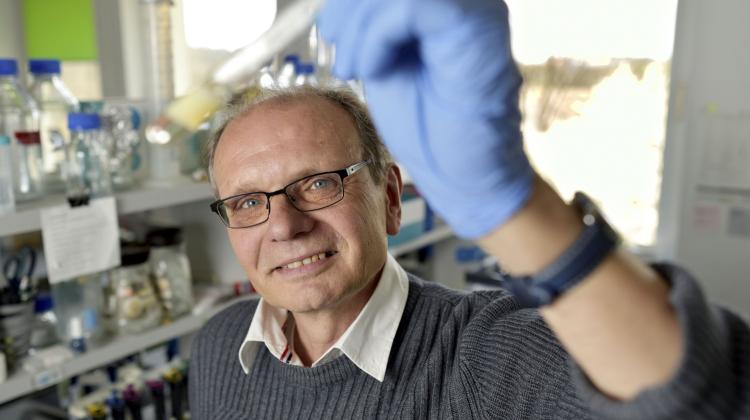Scientists come up with ‘gene-detecting’ test to identify if something is human or not
 Credit: Fotolia
Credit: Fotolia
A test that can quickly detect a unique human gene has been developed by scientists in Gdańsk.
The test focuses on the DEFB1 gene in a saliva sample which the team says could be useful in diagnostics and forensics when analysing DNA samples of unknown origin.
Dr. Jacek Ryl, a professor at the Faculty of Applied Physics and Mathematics, Gdańsk University of Technology said: “In our solution, we use electrochemical biosensors consisting of boron-doped and properly functionalised diamond electrodes, where the detection is based on the measurement of changes in the kinetics of the electrode process due to the ongoing DNA hybridisation.”
Publishing their article in the journal Sensors & Actuators: B. Chemical (https://www.sciencedirect.com/science/article/abs/pii/S092540052031011X), the scientists said that the methods currently used to determine the concentration of the human genome usually require duplication of DNA material (for example in the polymerase chain reaction - PCR), which makes them complicated and time-consuming, and the result often depends on human error.
By using diamond electrodes instead, the interdisciplinary team from the Gdańsk University of Technology, the University of Gdańsk and the Medical University of Gdańsk can create electrochemical platforms with a very high level of sensitivity, making it possible to significantly increase not only the range of analysed analytes, but also their detection threshold. Such electrodes are also characterized by high chemical resistance and are biocompatible.
The researchers focused on the beta-defensin 1 coding gene DEFB1, which codes an antimicrobial peptide related to the resistance of the epithelial surface to microbial colonization. This gene is present in the human genome and specific only to human DNA, which is why it can be used to distinguish between human DNA and DNA from other organisms.
Find out more here (in Polish): https://pg.edu.pl/en/news/2021-04/how-verify-your-dog-not-human-scientists-gdansk-are-working-it
PAP - Science in Poland
ekr/ agt/ kap/
tr. RL
Przed dodaniem komentarza prosimy o zapoznanie z Regulaminem forum serwisu Nauka w Polsce.


















